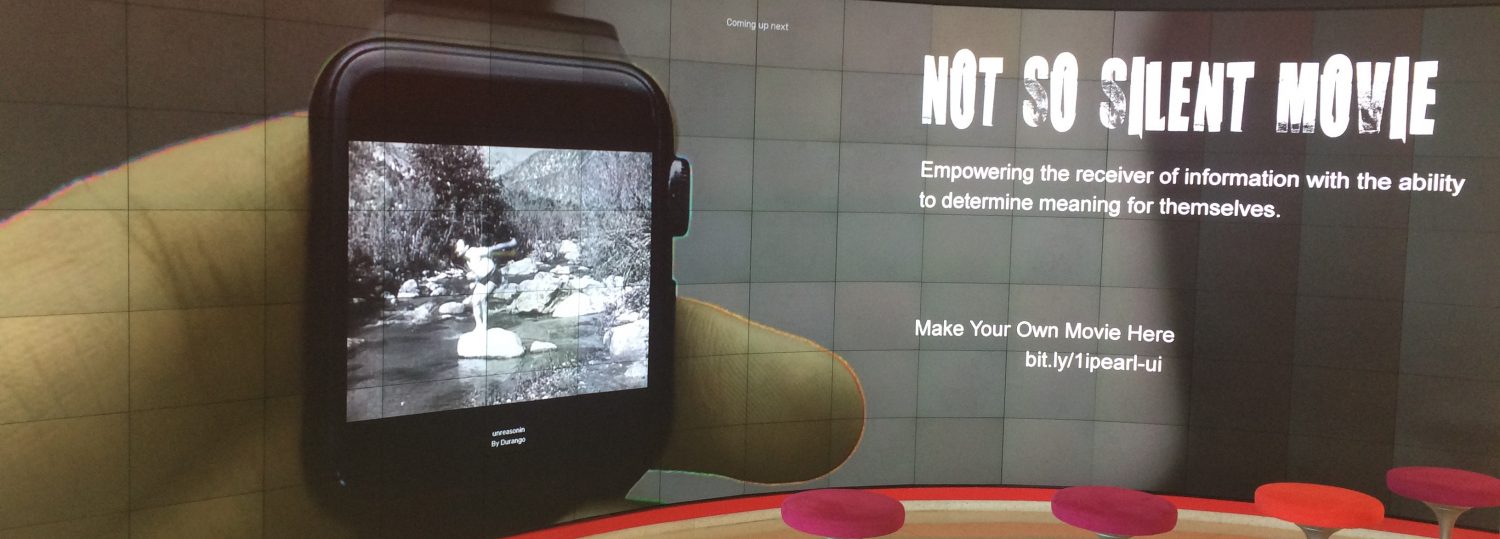
Director’s Message
The 2020 Games showcase event goes live at 6 PM TODAY on Facebook
The Digital Games Research center (DGRc) was created in May of 2007 to undertake an ambitious agenda of research, education and outreach activities in the area of games and games technologies. The DGRc is a multi-disciplinary center whose focus investigates the scientific, engineering, artistic, social and educational challenges of digital entertainment. Housed in the Department of Computer Science, the center’s faculty include colleagues from the colleges of Education, Engineering, Design, Management and Humanities and Social Sciences that collaborate on a wide range of research and educational initiatives which focus on new modes of entertainment and interaction in digital worlds.
The DGRc’s faculty are leaders in the emerging area of games research and work on a number of exciting research projects which are described in this site. These range from the development of core technologies for games to applications of games in novel or serious contexts. Projects involve topics such as the procedural generation of narrative (Chris Martens, Computer Science), urban landscapes (Ben Watson, Computer Science), game AI architectures (David Roberts and Arnav Jhala, Computer Science) game authoring tools for middle school children that teach them science and math (Len Annetta, Math, Science and Technology Education), and the exploration of mobile games as social environments (Adriana de Souza e Silva).
The educational work of DGRc faculty crosses all contributing academic departments and levels, from undergraduate concentrations such as the one offered as part of the BS in Computer Science to Masters’ programs like Art and Design’s MA in animation. A number of unique licensing agreements with leading engine providers give our students access to commercial grade game-development tools, and many are hired by local game companies upon graduation.
We leverage our strong relationships with North Carolina games industry partners to strengthen both our research and teaching efforts Industry advisors help craft our curricula to focus on key skills needed by new game professionals. Game developers partner with us to explore new games technologies, and serious games studios team with us to bring innovative applications of games technologies to bear on problems relevant to social, medical, training and educational contexts.
In examining the future of computer games, DGRc faculty work to define a common ground between the practicalities of industry needs and innovative future-directed research. There is a growing understanding that games will continue to play a a significant role in the lives of people, and universities such as NC State will make a significant contribution to the way that games function in our everyday lives. As you read about our research activities and outreach initiatives, you should think about how you might play a role in the DGRc’s efforts, as a student, as an advisor, or as an industry partner.
| David Roberts
Interim Director |
Arnav Jhala
Associate Director |